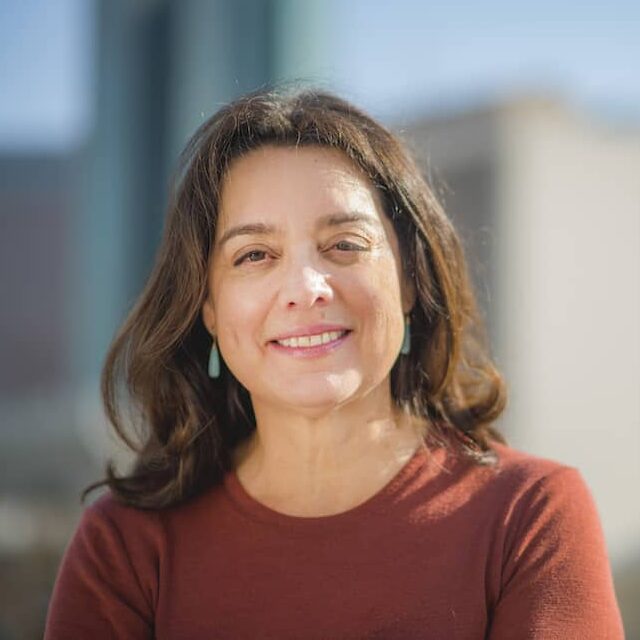Dear reader,
Jessica Gibbs is a reporter for Colorado Community Media, the largest family-owned newspaper chain in the state. She’s been a reporter for five years, most of that time spent covering Douglas County and now, Douglas County School District.
Over the course of the last six months, while juggling other assignments, Jessica has been reporting on a story about the experiences of Black students and employees in the predominantly white school district. She talked to current and former students and staff. She filed public records request after request under the Colorado Open Records Act. She dug into Colorado Department of Education data, sorted through reports, letters, emails.
Her reporting revealed the district has a problem. Black students and staff, including the former superintendent and former chief academic officer — both of whom resigned last year — described overt and subtle racism from peers, parents, colleagues. Her reporting turned up a letter from a district diversity committee to the board blaming the high-level turnover on racism. It turned up a soul-searching email from the white board chair.
It was exactly the kind of story that drew her to the news business.
“What keeps me in this line of work is pretty simple — the belief that people’s stories, voices and perspectives need to be elevated so we can better our communities,” Jessica told me.
Among the challenges all reporters face when looking upon reams of reported material is how to put it all together in a compelling, clear story. A dozen different ways may exist to get into a story, but what flows from there has to anticipate what a reader needs to know next, the questions prompted by the just-written sentence or paragraph. Where are the holes? Where is the fat? Reporters have to discern what serves the story and therefore the reader — and what does not. Figuring that out is my absolute favorite kind of problem-solving.
So, when Jessica and her editor, Chris Rotar, asked COLab for editing help on the first drafts of her three-story package on the experiences of students, staff and what the district is doing to promote equity, we were on it. We know how thin our colleagues are stretched in newsrooms across the state, the churn required to “feed the beast,” with too little time and too few reporters and editors. Reporting during a pandemic adds to the challenge of managing work and young children at home.
It’s more important to get these stories right than to rush them in, both Chris and Jessica told me, and those, dear reader, are the words of an editor and reporter you want covering your community.
This kind of help is one of our reasons for being. It represents the “lab” in COLab. We work with editors and reporters on taking their work to another level. We are backup on stories that could use an extra set of eyes, or stories, such as this one, that would benefit from a hard read by an experienced editor with a history of covering race and ethnicity. In the process of providing that collaborative editing, we mentor reporters so that they carry forward lessons learned.
“I already feel like a better reporter thanks to Tina’s mentorship in really looking at my work and making some hard choices,” Jessica said in a post-training evaluation. “What needs to lead the story? What can we trim? How do you couch the data to bring the issue home? Which anecdotes and quotes make the story sing? That’s huge, because stronger reporters make for stronger local journalism, something every community needs.”
She sent me a text message after the stories ran. It was a screenshot from the Facebook page of a former Douglas County school board member. It reinforced Jessica’s reporting, recounting racist incidents the board member said she had witnessed during her term.
“To my very blessed community,” the board member went on, “please read this story with (an) open mind and an open heart.” We can, she wrote, and must do better.
That is the power of local reporting. That’s why we are here.

Tina
This post was sent as a letter to our email subscribers on Friday, February 26, 2021. Join our email list to learn more about COLab and the work we are doing.




